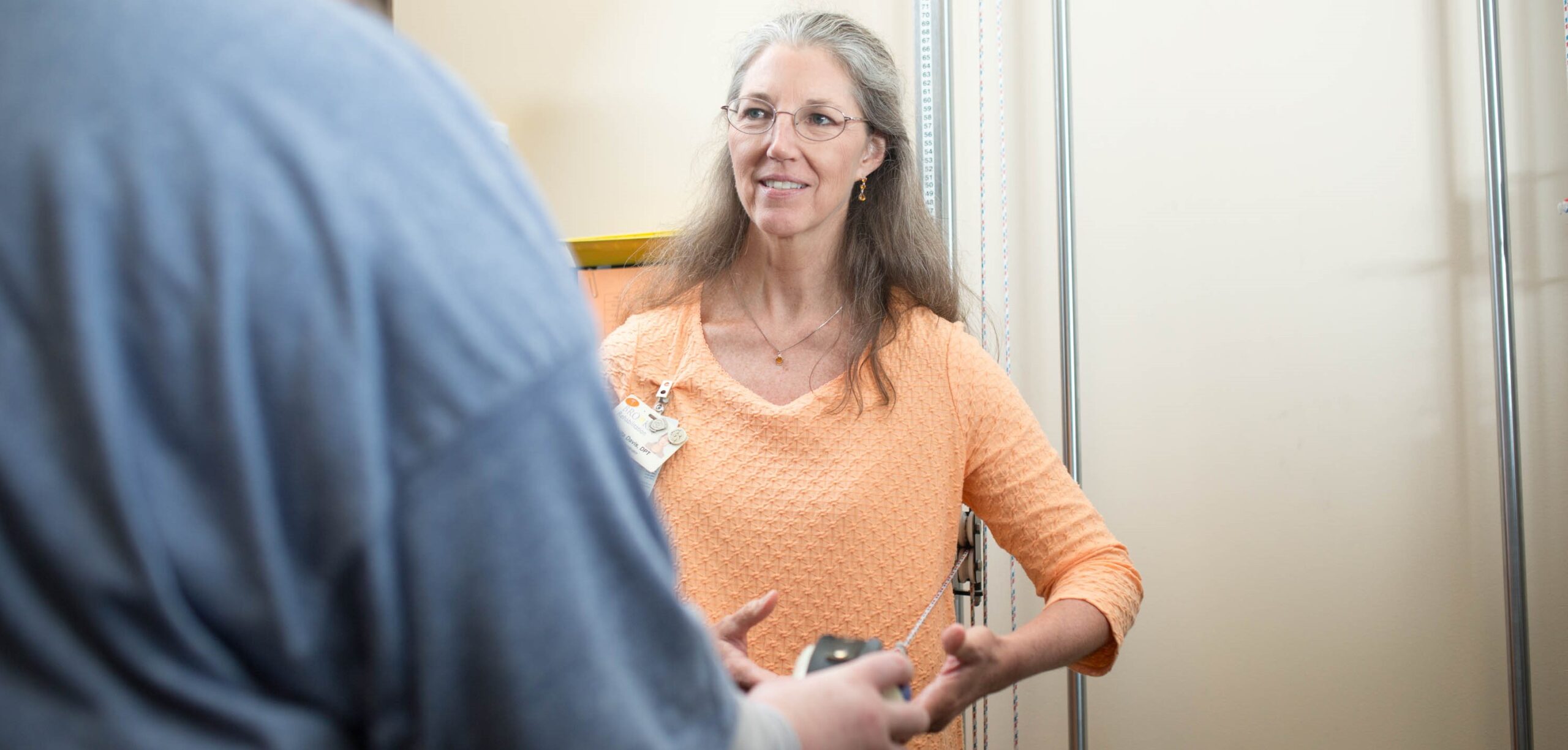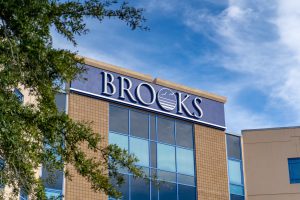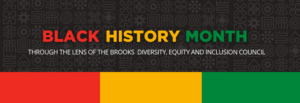Recognizing Rare Disease Day – February 28

Back to physical health resource hub
February 28 is recognized as Rare Disease Day – a day to raise awareness and generate change for the 300 million people worldwide living with a rare disease, their families and caregivers. But what exactly is a rare disease?
According to RareDiseaseDay.org, a rare disease affects about 5-6% of the world, with 72% of diagnosis being of genetic origin. More than 7,000 rare diseases are characterized by a broad diversity of disorders and symptoms that vary not only from disease to disease, but also from patient to patient suffering from the same disease. Relatively common symptoms can hide underlying rare diseases leading to misdiagnosis and delaying treatment. A patient’s quality of life is affected by the lack or loss of autonomy due to the chronic, progressive, degenerative, and frequently life-threatening aspects of the disease.
The National Organization for Rare Diseases (NORD), aims to promote awareness, research and policy to help the rare disease community experience better quality of life. Anita L. Davis PT, DPT, FNCP, CNPT, physical therapist at the Brooks Rehabilitation Healthcare Plaza outpatient clinic, was appointed by the president of the Senate to the Rare Disease Advisory Council (RDAC) for Florida. The Rare Disease Advisory Council acts as an advisory body established in 2022 to provide recommendations for healthcare policy, education and access to improve health outcomes for individuals residing in the state who have a rare disease. With the support of NORD, other patient organizations and stakeholders in the rare disease community, RDACs are enabling states to strategically identify and address barriers that prevent individuals living with rare diseases from obtaining proper treatment and care for their condition.
“People with rare diseases struggle on many levels. Their voice needs to be heard, both individually as a patient and collectively as a group. Being able to treat and advocate for this population is my current focus,” said Davis.
Does Brooks Treat Rare Diseases?
Although there are more than 7,000 different types of rare disease, Brooks Rehabilitation provides therapy for some of the most common forms, including:
• Ehlers-Danlos syndrome
• Cystic fibrosis
• Duchenne Muscular Dystrophy
• Spina bifida
• Complex regional pain syndrome
• Multiple sclerosis
• Guillain-Barre Syndrome
• Down syndrome
• Post-polio syndrome
• Positive rheumatoid factor polyarthritis
During Rare Disease Day, remember that Brooks Rehabilitation is available with specialists dedicated to helping you reach your highest level of independence. To learn more about rare diseases, visit RareDiseaseDay.org.




